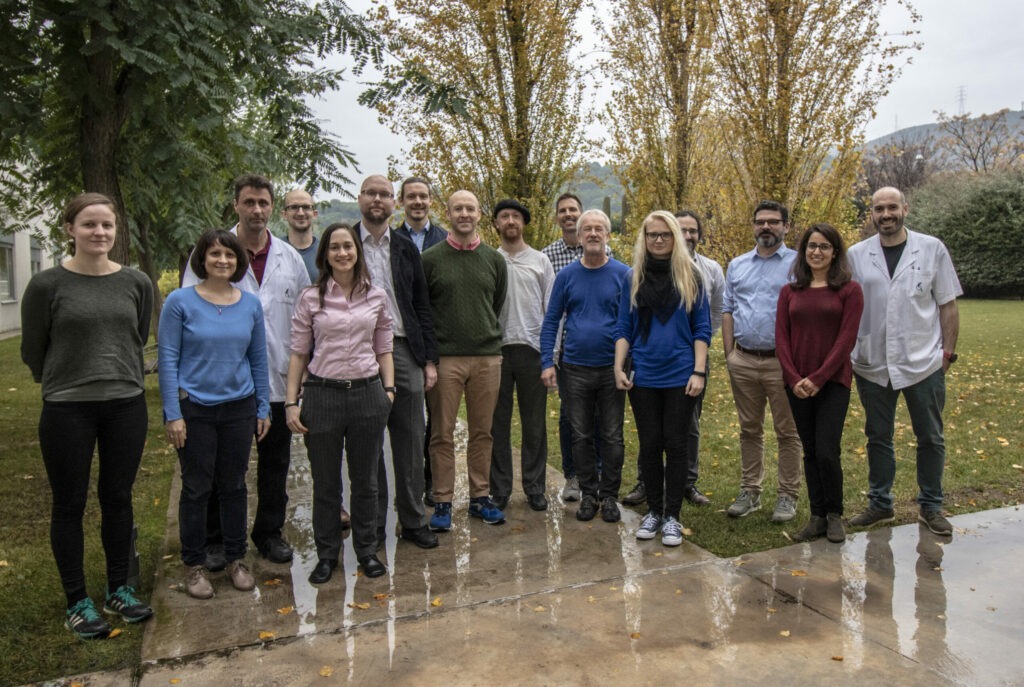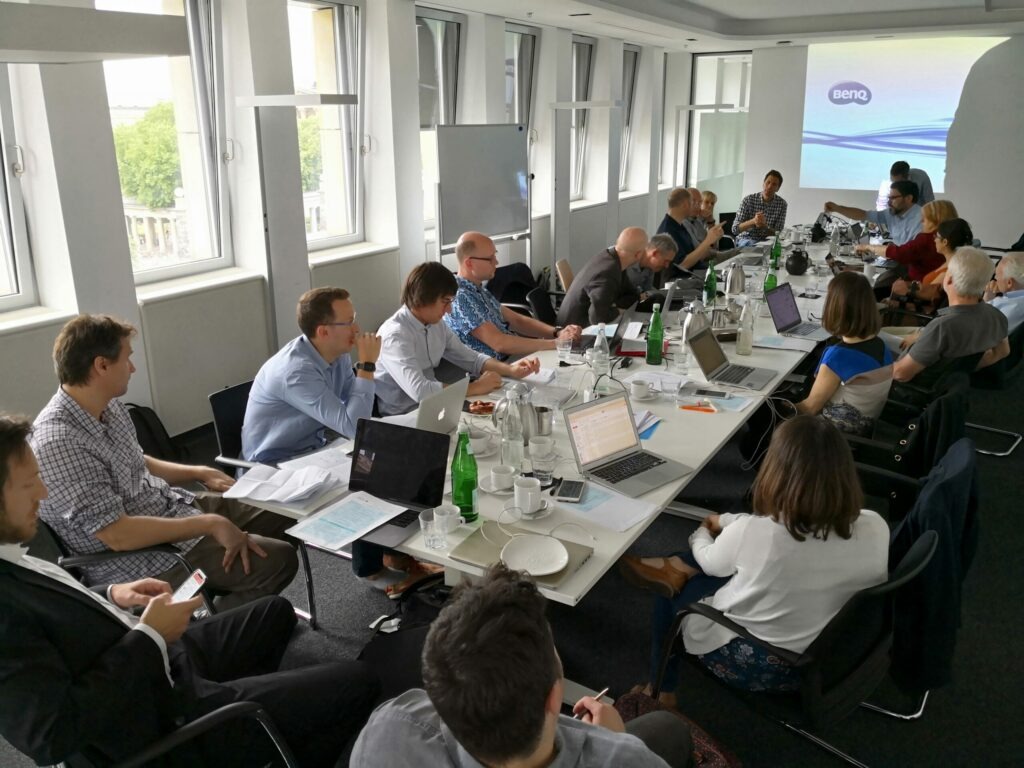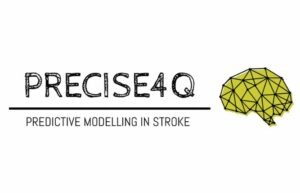Precise4Q ‘Digital Stroke Patient Platform’ featured by Innovation Radar as ‘Excellent Innovation’

The EU Innovation Radar Platform has labelled the Precise4Q ‘Digital Stroke Patient Platform’ as an ‘Excellent Innovation‘. The cost-effective Digital Stroke Patient Platform (i.e. the Integrated Platform for the Entire Patient Lifecycle, covering the stages of prevention, acute treatment, rehabilitation and reintegration), aims to validate the predictive models using data from prospective studies and to […]
How to tackle the challenges of Data Integration

PRECISE4Q sets out to create multi-dimensional data-driven predictive simulation models for stroke. These will address patients’ needs at different stages: prevention, acute treatment, rehabilitation and reintegration. The overarching goal is to enable personalised stroke treatment and contribute to minimising the burden of stroke on the individual and society. To achieve all this, the project will […]
Second Plenary Meeting hosted by Institut Guttmann in December 2018

The PRECISE4Q second Plenary Meeting took place on 13-14 December 2018 on the premises of Fundacio Institut Guttmann in Badalona, Spain. Consortium members agreed on the next set of actions for each of the project’s seven work packages. Special attention was paid to questions of data semantics and data harmonization as well as to further […]
PRECISE4Q at Gene Forum in Estonia

On 30-31 August, 2019, the international Gene Forum “Genomics – towards improving medicine” was organised by one of the project’s consortium members – the Estonian Genome Centre at the University of Tartu. A dedicated banner summarising the key elements of the PRECISE4Q project was on display on both days of the Forum. The project was introduced to an […]
PRECISE4Q partners publish new research on the ethical challenges of Machine Learning in medicine

Members of the ETH Zürich PRECISE4Q team, Prof. Effy Vayena and Dr. Alessandro Blasimme have published a new paper on the ethics of Machine Learning in medicine together with Prof. I. Glenn Cohen (Harvard Law School). The paper argues Machine Learning needs to address ethical challenges concerning data protection requirements and biases as well as be effectively […]
New paper on stroke survivors expressing their emotions on Twitter

The first two deliverables part of Work Package 1: “Patients’ Needs and Ethical Framework” have been submitted for review at the end of July 2018: D1.1 – SoA on knowledge and literature concerning stroke risk factors, prognosis and outcomes D2.2 – Categorized and ranked clinical challenges and needs in patient journey phases The reports were […]
PRECISE4Q holds kick-off meeting in Berlin

The PRECISE4Q consortium met for the project face-to-face kick-off meeting on 19-20 June 2018, in Berlin. The meeting was hosted by Scientific Coordinator Charité. All 11 members of the consortium attended the meeting and work package leaders had the chance to present their approaches and discuss upcoming tasks in more detail. The overall objectives of […]
PRECISE4Q partner AOK Nordost (GeWINO) contributes to developing the German federal AI strategy

AOK Nordost is the only health insurance company in Germany currently involved in AI projects and the PRECISE4Q consortium is privileged to have them on board. Their department, the Gesundheitswissenschaftliches Insititut Nordost (GeWINO) participates in the Working Group for Health, Medical Technology and Care as part of the federally supported „Learning Systems – Articifical Intelligence […]
Two strategic deliverables investigating stroke patients’ needs pending review

The first two deliverables part of Work Package 1: “Patients’ Needs and Ethical Framework” have been submitted for review at the end of July 2018: D1.1 – SoA on knowledge and literature concerning stroke risk factors, prognosis and outcomes D2.2 – Categorized and ranked clinical challenges and needs in patient journey phases The reports were […]
